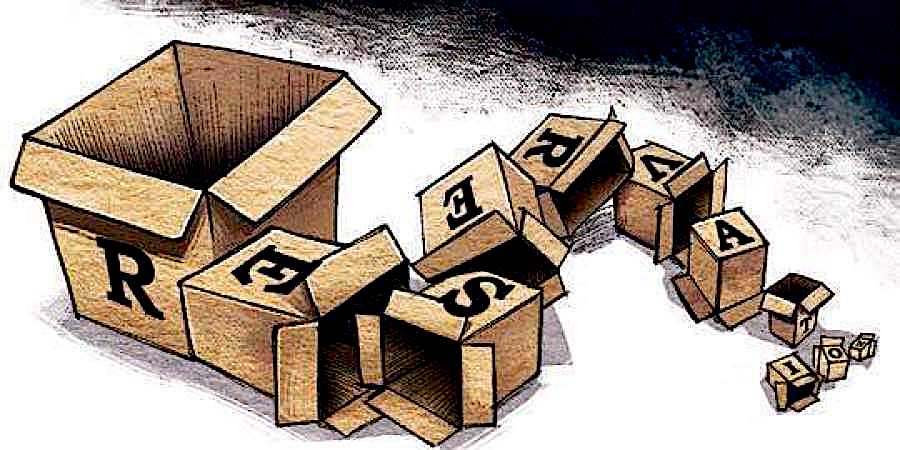Zainab Mahfooz for BeyondHeadlines
After independence (1947) the makers of the constitution of India decided to introduce reservation policy in the constitution. Thus Article 16 clause 4 provided special provisions for the reservation of appointments of posts in favour of any backward class of citizens.
This clause provided reservation for Scheduled caste (SCs) and Scheduled tribes (STs) in central government-funded universities and jobs giving 22.5% of available seats (7.5% for ST and 15% for SC). Later this reservation percentage was raised to 49.5% by including an additional 27% reservation for Other backward communities (OBC).
Back then, this reservation system was necessary to abolish the ancient reservation policy which indeed favoured certain upper caste in society.
However in recent times, more than fulfilling the noble purpose of upbringing socially backward communities it is rather building a gap in the society. People are using fake certificates to get admissions or certain jobs and therefore misusing the 50% reservation provided to OBC, SC and ST communities.
Keeping in light to recent events, it has been observed that reservation has been introduced to politically dominant castes such as Gujjars in Rajasthan, Patidar in Gujarat and Marathas in Maharashtra. Political parties keep on appeasing these politically dominant communities for the sake of their vote banks.
Maharashtra government has passed the bill giving reservation to Marathas in jobs and education system under ‘socially and educationally backward community’.
Although Marathas are a prominent caste in Maharashtra and have always dominated the state’s politics, they acquire 30%of the state’s population and have consistently occupied 40% seats in state legislative assembly. Most of the educational institutions have been under the control of Marathas, yet they were demanding reservation under the category of ‘socially and educationally backward community’.
Likewise, Patidar is a dominant community in Gujarat. Approximately 10-15% of the community is settled in abroad. About 27% of industrial units are owned by them. Reportedly they share a major part in the business of diamonds, textiles and also have a considerable hold on political power too and yet demand for reservation in ‘socially backward community’.
Many more politically dominant communities see reservation as an opportunity to get the admissions or jobs in their desired government institutions. Amid all these appeasements, the reservation system is actually losing the purpose of equality for which it was implemented.
In the 21st century, it is quite questionable if the caste of a person even forms a reasonable parameter for reservation in government jobs and colleges as many upper castes are still suffering from poverty and illiteracy.
Our nation needs a better system of reservation which includes the poor and the backward groups and excludes the rich and the dominating sections irrespective of their castes.
The present reservation system definitely needs amendment because if it isn’t scrutinized, the country can witness many deserving candidates revolting for being held up due to lack of reasonability on which this system runs.
The amendment can only be made if the political leaders, instead of vote banks focus on welfare and justice of society.









